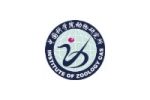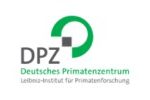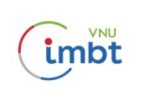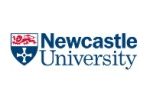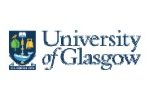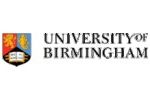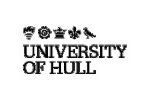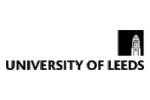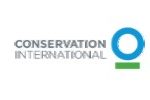On January 13, 2025, at the Department of Science and Technology of Phu Tho province, a meeting of the Council for Evaluation and Acceptance of the provincial scientific project: “Application of capacitive deionization (CDI) technology to treat drinking water at multiple schools in Phu Tho province” was held, chaired by the Central nstitute of Natural Resources and Environment Studies, Vietnam National University Hanoi. MSc. Chu Thi Bich Thuy, Deputy Director of the Department of Science and Technology, chaired the conference.
The project is implemented within the framework of the Programs to support the Support of Application and Transfer of Scientific and Technological Advances into Production and Life Programs of Phu Tho province in the 2021-2025 period, to research suitable and advanced technological solutions in drinking water treatment in several schools, meeting current technical and medical standards, to contribute to protecting the health of people in Phu Tho province.

Pic 1: Overview of the project evaluation and acceptance conference
According to the Centre for Rural Water Supply and Environment of Phu Tho Province, the rate of rural people using hygienic water is expected to reach 98% by the end of 2023. However, the use of clean water in some areas remains limited, particularly in schools, remote locations, and areas with inadequate infrastructure.
Through the process of surveying and learning about the needs and current status of water quality at 17 different schools in the 3 districts of Lam Thao, Tan Son and Thanh Son, Phu Tho province, the project has evaluated and researched the design of CDI technology on a laboratory scale. From there, it completed the construction and practical installation of 4 models of direct drinking water treatment using CDI technology with a scale of 4m3/day and night at Tan Lap Kindergarten, and Tan Lap Secondary School in Thanh Son district; Phung Nguyen 2 Primary School, and Lien Co Lam Thao Kindergarten in Lam Thao district.

The implementation results show that capacitive deionization technology is effective in removing heavy metal ions such as arsenic (As), lead (Pb), cadmium (Cd), iron (Fe) and copper (Cu), … reducing total dissolved solids (TDS) to below 300 mg/L; effectively treating organic compounds and microorganisms, … meeting drinking water quality standards according to QCVN 06-1:2010/BYT of the Ministry of Health. In particular, CDI technology has outstanding advantages in recovering clean water reaching over 90% (reducing the amount of wastewater by about 10%, while the RO filter core has a waste water amount of up to 60-70%); helping to save valuable water resources and optimize maintenance and operation costs as well as increase equipment life.
The project, “Application of capacitive deionisation technology to treat drinking water at some schools in Phu Tho province”, has contributed to the successful implementation of the Scientific Research and Technology Development Program of Phu Tho Province for the period 2021-2025. And has made positive contributions to addressing the current challenges of clean water demand and quality, ensuring health and improving the cultural and spiritual well-being of cadres, teachers, and students at schools, particularly in Phu Tho province. The project is not only in line with the policy of science and technology development, but also improves the socio-economic quality in the locality.
The project is implemented to ensure both quantity and quality within the specified time frame and funding source, as outlined in the approved project description and the contract signed with the Department of Science and Technology of Phu Tho Province. The implementation and deployment of the project “Application of capacitive deionization technology to treat drinking water at some schools in Phu Tho province” is necessary and suitable for the present and future development goals and plans.

Pic 2. Le Van Giang, project manager, presented the results report.
At the Conference, the Acceptance Council highly appreciated the implementation process and results of the scientific project of the Central Institute of Natural Resources and Environment Studies, Vietnam National University, Hanoi. After the conference, the Acceptance Council unanimously rated the project as “Accomplished” and accepted the project implementation results./.
VNU-CRES


